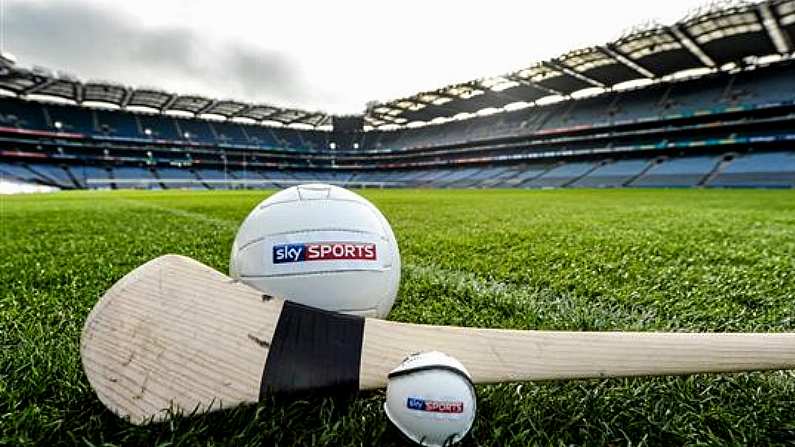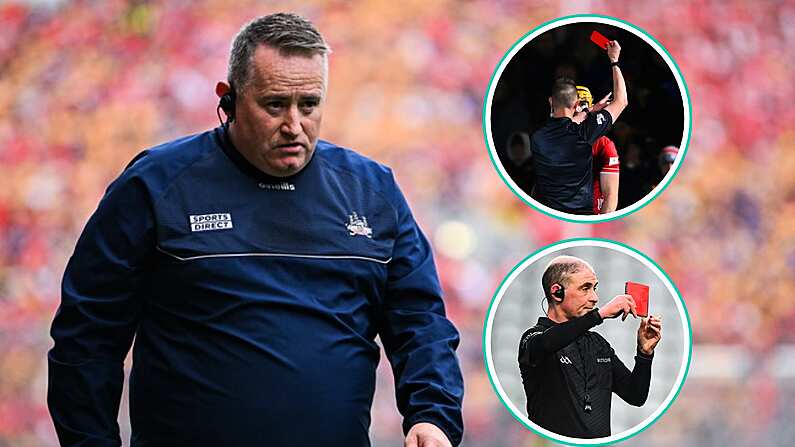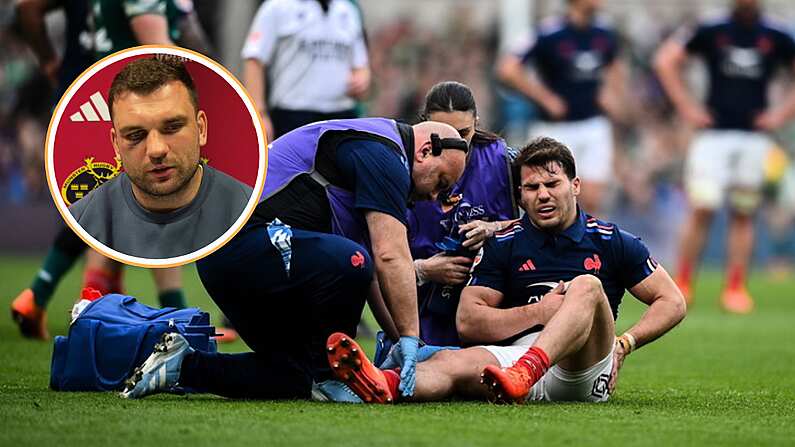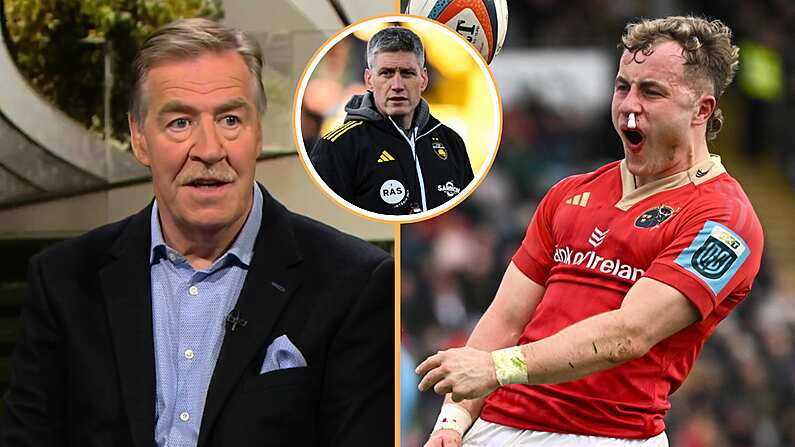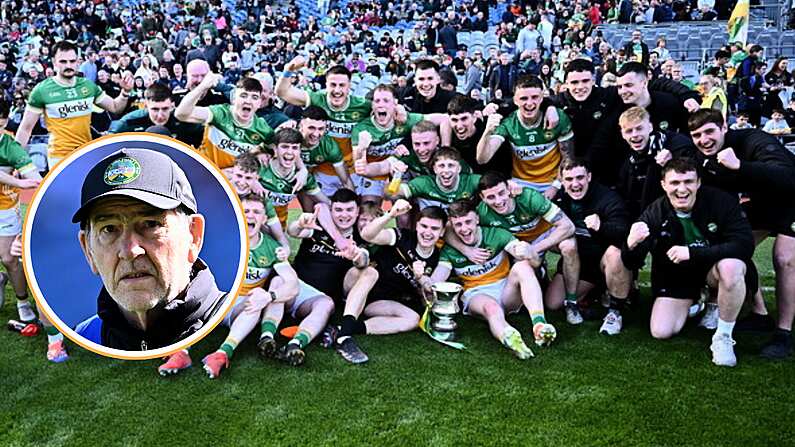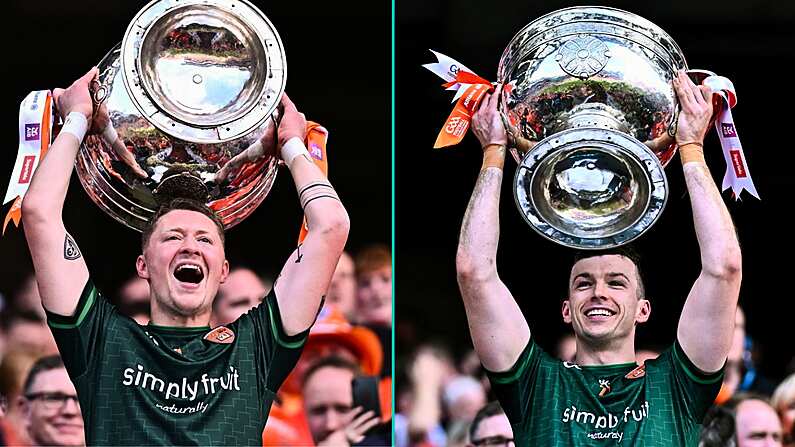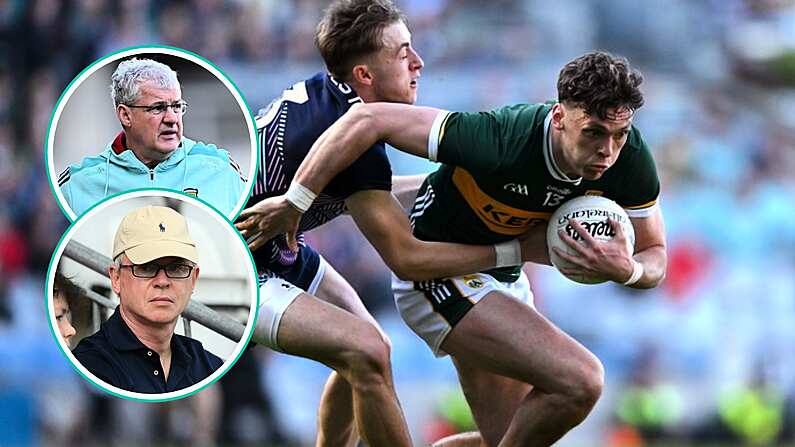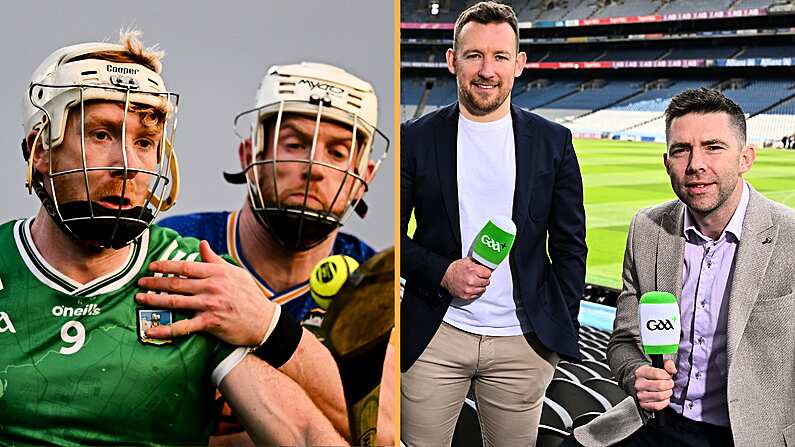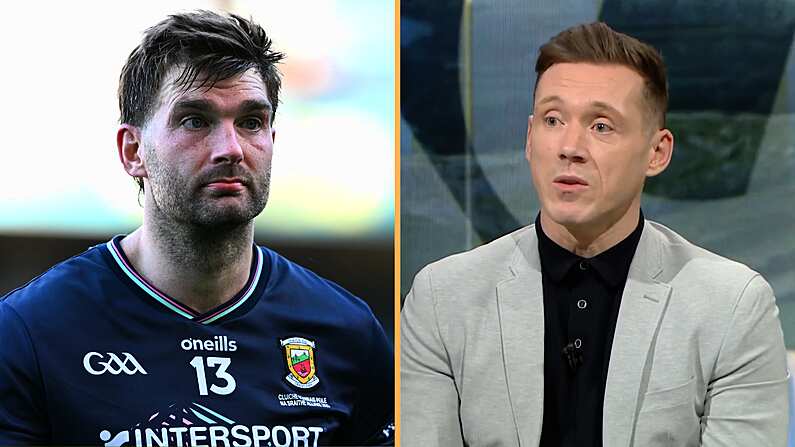Back in 1994, Leitrim won the Connacht championship for the first time in 67 years. Over 30,000 people, including presumably the vast majority of Leitrim's inhabitants, were crammed into Hyde Park to watch them defeat Mayo. The rest had to sit in their kitchens listening to Micheal O'Muircheartaigh describe it all for them. They only got to see some moving picture footage later on that evening on the Sunday Game.
That was the way the GAA wanted it.
Before 1995, supporters had to make do with six live championship games a year, the All-Ireland semi-finals and finals. The first live game ever shown in the Connacht championship, for example, was in '95, when Leitrim lost out to Galway by a point in Carrick-on-Shannon.
Even in recent years, the GAA have withheld footage from the TV audience. In April 2012, they decided to trim the amount of games screened on television because they were worried about its impact on attendances. Ten fewer games would be shown, the bulk of them in the qualifier series. There was very little outrage.
No one warned about the consequences for elderly men in isolated, rural areas, who would no longer be able to catch a Round 1 qualifier match between Kildare and Laois. It was simply a re-surfacing of the long tradition of wariness in the GAA about the impact TV coverage would have on the numbers actually going to games. It was thus quietly accepted.
However, since the evil name of Sky Sports has been invoked, it has overnight become an article of faith that almost every game must be aired on terrestrial TV.
Allowing people watch games live on television was something of which the GAA was deeply suspicious. Now, it's apparently a core plank of its ethos. To not ensure that Sligo v Galway in Markiewicz Park can be watched free of charge by people in their own living room is suddenly a shameful sell-out.
It needs to be stressed again and again, with all the absurd and highly emotive scaremongering going on, that this year, there will be nine less games on free to air television. Yes, nine. Not fourteen. Nine. RTE will screen 31 games live in total. That's only 25 more than was the case when Leitrim last made it to Croke Park. Sky Sports will screen 20, and will hold exclusive rights to 14 of them earlier in the season.
There will be no shortage of GAA around this summer, and there will be a great deal of public intrigue about how Sky will go about covering the championship. It's arguable that the June 7 clash between Kilkenny and Offaly will generate more interest than this fixture has done in years.
There has been much keening about how children and elderly people are going to lose out. It is argued that the involvement of Sky Sports will lessen the GAA's popularity among kids who wont be able to see games. If that were the case, then almost no kids would be interested in the Premiership. If anything, one might argue that the glamour and exclusivity of Sky was what added to the allure of the Premiership for many kids in the 1990s. Seeing a live game in those days was like being granted some form of privileged access. This diminished somewhat coming into adulthood when pubs started entering the equation and live sport became more accessible.
Like Guinness, who's sponsorship of the hurling championship in the 1990s was a roaring success, Sky's reputation for marketing genius is well established. Even aside from Darran O'Sullivan's astonishment at how they've managed to turn darts, aka "2 fat lads on a stage", into unmissable sport, there are even more startling successes.
The Lions tour, a quaint anachronism which many predicted would die in the professional era, is now prime time viewing. Irish people get up in the early hours to watch this makey-up outfit which only plays every four years. I've seen with my own eyes Dubliners, Irish people, people born on this island, actually cheer Mike Phillips and Tom Croft running in for a try. Such is a testament to the awesome marketing power of Sky.
Similarly, the Ryder Cup, an old fashioned three day golf tournament, which most of the top American players don't care about, is watched avidly by people here and in the UK. It even gets British people, the most Eurosceptic people around, talking about "Europe" the way you usually hear from a Belgian Commissioner.
If Sky can turn Lions tours and Ryder Cups into popular events, think of what they could do with competitions that actually do matter.
The deal has other benefits, the international dimension which could open the door to more international sponsorship, the greater ease with which emigrants will be able to see games, the competition which Sky will introduce into the market place, challenging RTE, who have usually done a good job, to up their game further. Not to mention the promise of a weekly magazine show, which should engage the Irish audience in the UK in the goings on in the championship as never before. The access Australian and American based audiences will now have to games, in the shape of Channel 7's comprehensive deal down under and the live streaming package US audiences can avail of, have also typically only been referred to in passing.
The deal may or may not work for Sky. The station already performs extremely well in Ireland in terms of subscriptions. Their summer schedule is generally pretty bare and they will hope that the GAA can capture some of the wider UK audience, who are probably aware of the sports' existence but largely unfamiliar with it. As Padraic Duffy indicated, the GAA hope the games can appeal to international audiences in the same way American Football did in the 1980s.
The GAA community specialises in Sapian style debates (be it on referenda or sporting matters, the Irish people have the ability to split conveniently down the middle for the purposes of an angry debate) about the future direction of the organisation. In the early 1990s, we saw opposition to moves to plaster sponsors' names across inter-county jerseys. The GAA's decision to redevelop Croke Park was also subjected to fierce opposition.
Debates about the abolition of Rule 21 and Rule 42 dragged on and on. While this move is different to all those (there was no ancient 'Rule' here for one thing), it is a leap into future of the type that has usually paid dividends for the organisation. In time to come, hopefully this move will be seen as one that broke exciting new ground for Gaelic Games.

